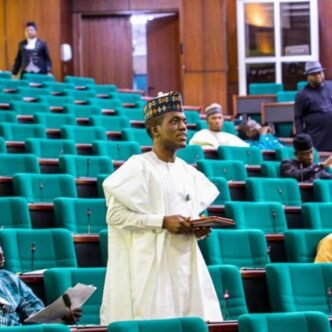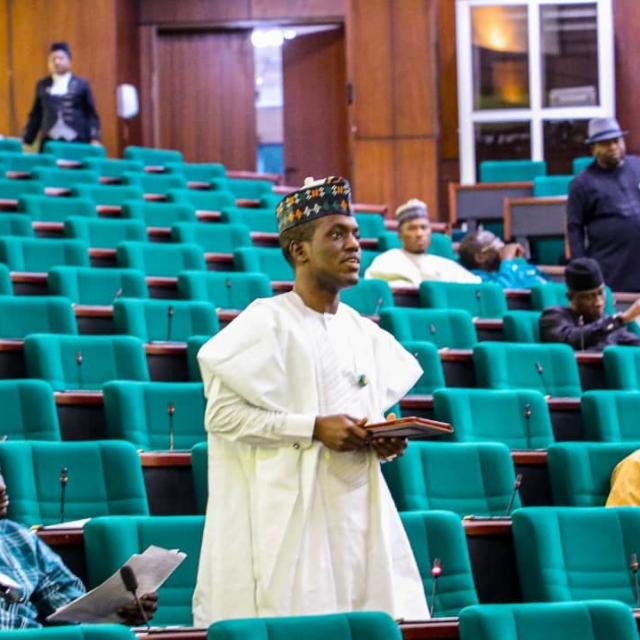HB: 964
A Bill for an Act to Further Alter the Constitution of the Federal Republic of Nigeria to Provide for the Designation of Special Account into Which All Borrowed Funds Credits or Grants Advanced to Federal Government Shall Be Paid into And for Related Matters. Bill sponsor Rep. Mansur Manu Soro, bill progress at committee stage.
This bill seeks to alter section 80 of the Constitution to provide for the designation of a special account for borrowed funds, credits and grants and the publication of detailed progress reports on the implementation of projects financed by funds other than revenues of the Federal Government. Nigeria’s HB 964 Bill Aims to Enhance Transparency in Government Borrowing. In a move to bolster financial governance, Nigeria’s House of Representatives has introduced HB 964, a proposed amendment to Section 80 of the Constitution. This bill seeks to significantly improve transparency and accountability in the management of funds borrowed, credited, or granted to the Federal Government. One of the key provisions of the bill is the establishment of a dedicated special account. This account will specifically receive all borrowed funds, credits, or grants, effectively segregating these finances from the broader government revenue pool. This separation is designed to create a clearer framework for tracking and utilizing these funds. In addition to the special account, HB 964 mandates the publication of detailed progress reports on projects funded through loans, credits, and grants. Such transparency aims to ensure that the public can access information about how these resources are being utilized, enhancing accountability for government spending. The rationale behind this legislative initiative stems from growing concerns over the management and oversight of borrowed funds. In recent times, questions have been raised about the opacity surrounding how these financial resources are deployed and monitored. If passed, HB 964 is expected to bring about several positive outcomes. First, it will enhance public scrutiny over the utilization of borrowed funds, enabling citizens and oversight organizations to better understand financial transactions, thus diminishing opportunities for mismanagement and corruption. Second, the bill’s requirement for progress reports will promote improved monitoring of projects, ensuring they are executed according to plan and fulfill their intended objectives. Finally, increased transparency may boost investor confidence among international lenders and grantors, as they would have reassurances that their investments are being managed responsibly. Overall, this proposed amendment addresses critical issues within the realm of public finance in Nigeria, aiming to fortify the framework for responsible financial governance and promote trust in government operations.


Add a comment









